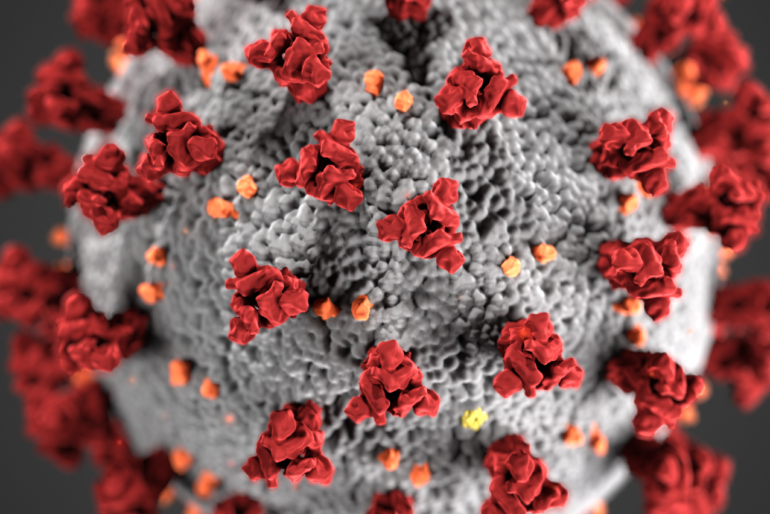[Huntsvile Business Journal] The state of Alabama, HudsonAlpha and Diatherix-Eurofins are teaming up to trace and identify COVID-19’s transmission throughout the state.
The HudsonAlpha Institute for Biotechnology recently announced its ongoing efforts in support of Gov. Kay Ivey’s work to respond to and mitigate COVID-19. Through Alabama’s Coronavirus Relief Fund and the Coronavirus Aid, Relief, and Economic Security (CARES) Act, $600,000 has been allocated to HudsonAlpha to perform genomic sequencing on positive SARS-CoV-2 samples from people across the state.
“All of us at HudsonAlpha are grateful to the state of Alabama for this support to help strengthen our state’s response and planning for this pandemic,” said Dr. Rick Myers, HudsonAlpha president and science director.
Leading the project is Dr. Jane Grimwood, the co-director of HudsonAlpha’s Genome Sequencing Center.
“Through this initiative with the state, HudsonAlpha aims to provide actionable information to help the collective efforts of policymakers and frontline workers in the fight against the pandemic,” she said.
When the pandemic started, HudsonAlpha was looking for ways to help, particularly in Alabama. Working in collaboration with Diatherix-Eurofins, the genomics team secured funding to sequence the virus. With Diatherix on the HudsonAlpha campus, obtaining samples is an efficient, as well as convenient, process.
“We are getting positive Alabama samples from them,” said Grimwood. “And then, we are sequencing them, using technology we use every day for other projects.”
The goal of the project is to sequence up to 2,000 virus samples – ideally from all of the counties. The information will be provided to the Alabama Department of Public Health and other parties having critical roles in response to the pandemic.
Along with plans to identify the different strains of SARS-CoV-2 virus from across the state, the COVID-19 initiative will generate longitudinal data to track changes in the SARS-CoV-2 virus during the pandemic, as well as uncovering possible sources of new hot spots of infection.
“When the virus replicates, it makes errors, and these errors are what we call mutations,” said Grimwood. “Using these mutations, you can track the transmission of the virus from the original source all the way to through to an infection today, based on those errors.
“And you can potentially see how the virus is transmitting around Alabama.”
Other components of the initiative include surveying for possible emerging strains of virus which could have implications for vaccine development and vaccine efficiency, as well as adding an Alabama perspective to national and global COVID-19 initiatives through statewide genomic sequencing.
“Essentially, it’s surveillance,” Grimwood said. “To better understand the virus better and to try to be ahead of any changes. On one hand, the transmission side; on the other hand, to look at any differences or any errors or mutations that would cause the vaccine to behave differently.”
Myers said, “HudsonAlpha’s genomic research scientists are fully committed to combating this deadly virus.”

